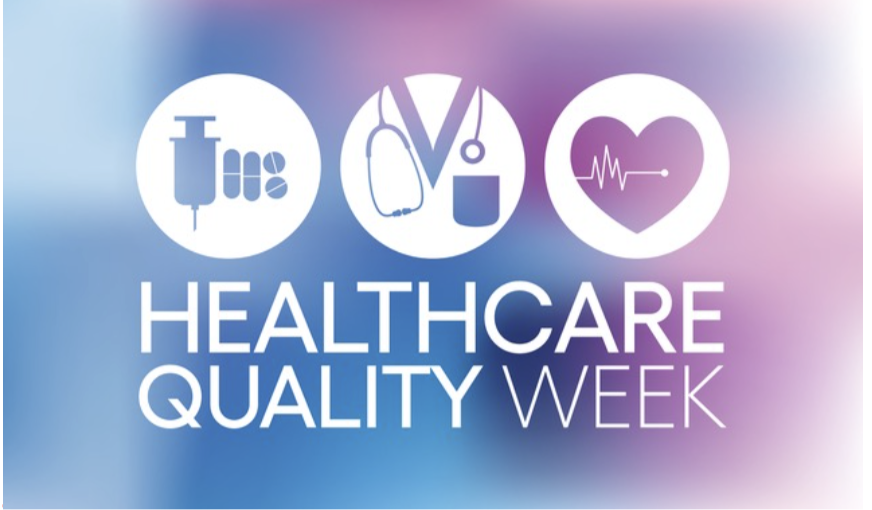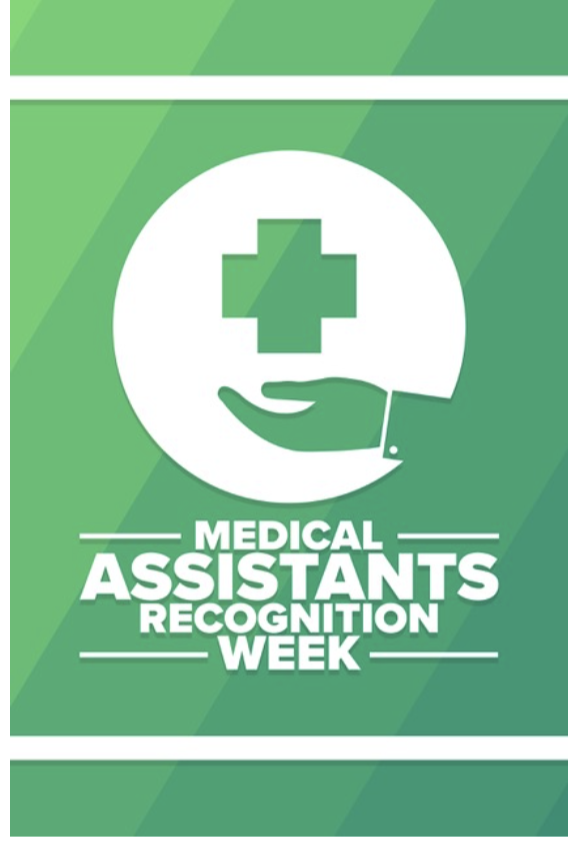If you are newly pregnant, or plan to be, you’ve probably already started to think about your birth plan. There are a few different options, so you can decide what will work best for you. For prenatal care and the actual birth, you will need to choose between a midwife and an obstetrician (OB) for your primary care. You may also want to consider a doula to supplement your birth.
What are your options?
Let’s take a look at your different options in terms of healthcare provider for your pregnancy and birth.
Obstetrician (OB)
An OB is a medical doctor with years of education and training in the specific practice of pregnancy and birth. They oversee all medical aspects throughout your pregnancy to ensure you and your child are both healthy. An OB typically works with a larger team including other doctors, nurses, and sometimes midwives.
You should always consider working with an OB for your pregnancy if it is a high-risk pregnancy. Twins, high blood pressure, diabetes, or a past high-risk pregnancy are all risk factors that can be monitored and controlled by an OB in a clinical setting. You may want to choose an OB as your main pregnancy caregiver if you prefer giving birth in the controlled hospital setting.
Midwife
Midwifery is a common practice around the world. A midwife is similar to an OB in that they are a woman’s primary caregiver for pregnancy and birth. In addition to subject matter expertise, midwives provide a nurturing, caring approach that many women find comforting.
In the US, there is no universal midwife certification, but here are the types of midwives who can practice in the US:
- Certified Nurse-Midwife (CNM) — requires graduate degree and RN license
- Certified Midwife (CM) — requires graduate degree
- Certified Professional Midwife (CPM) — trained through apprenticeships
To become a midwife in the UK, here are the qualifications you’ll need, according to the Royal College of Nursing:
- A degree in midwifery, which takes three years to complete
- An 18 month course, if you are already a registered adult nurse
- Registration with the Nursing and Midwifery Council (NMC), allowing you to practice as a midwife after qualifications are met
A midwife will perform tests throughout your pregnancy to make sure you and the baby are healthy. This can include ultrasounds, oral glucose tolerance tests, and group B strep tests. If there are any signs of complication (such as GBS carriage), your midwife will work with an OB to make sure you get the exact care you need.
You may want to work with a midwife for your pregnancy if you are interested in giving birth in your own home or a water birth - though some hospitals provide water births as an option. Even if you’re not interested in these alternative birthing methods, having a pregnancy professional on your side to walk you through the process is a great option.
Doula
A doula is different from an OB or a midwife in that they do not participate directly in medical activities like ordering tests or delivering the baby. Instead, a doula acts as your advocate and spiritual guide through the transformative process of pregnancy and birth. Their job is to facilitate communication between you and the rest of your pregnancy team and to educate you on what you need to know about pregnancy, birth, and caring for your new child.
Conclusions
As you can see, you have many options to customize your care for your pregnancy. OB/GYNs are a popular option in developed countries like the U.S., although more women nowadays are opting for the traditional midwife route for a more hands-on, mother-centric approach. Whatever your choice, you can be certain that your health and the health of your child are your caregiver’s priority.
The LabReady team is ready to answer your questions about prenatal care, delivery options, and beyond! Email us with your pregnancy or delivery questions!
The LabReady team is ready to answer your questions about prenatal care, delivery options, and beyond! Email us with your pregnancy or delivery questions!














